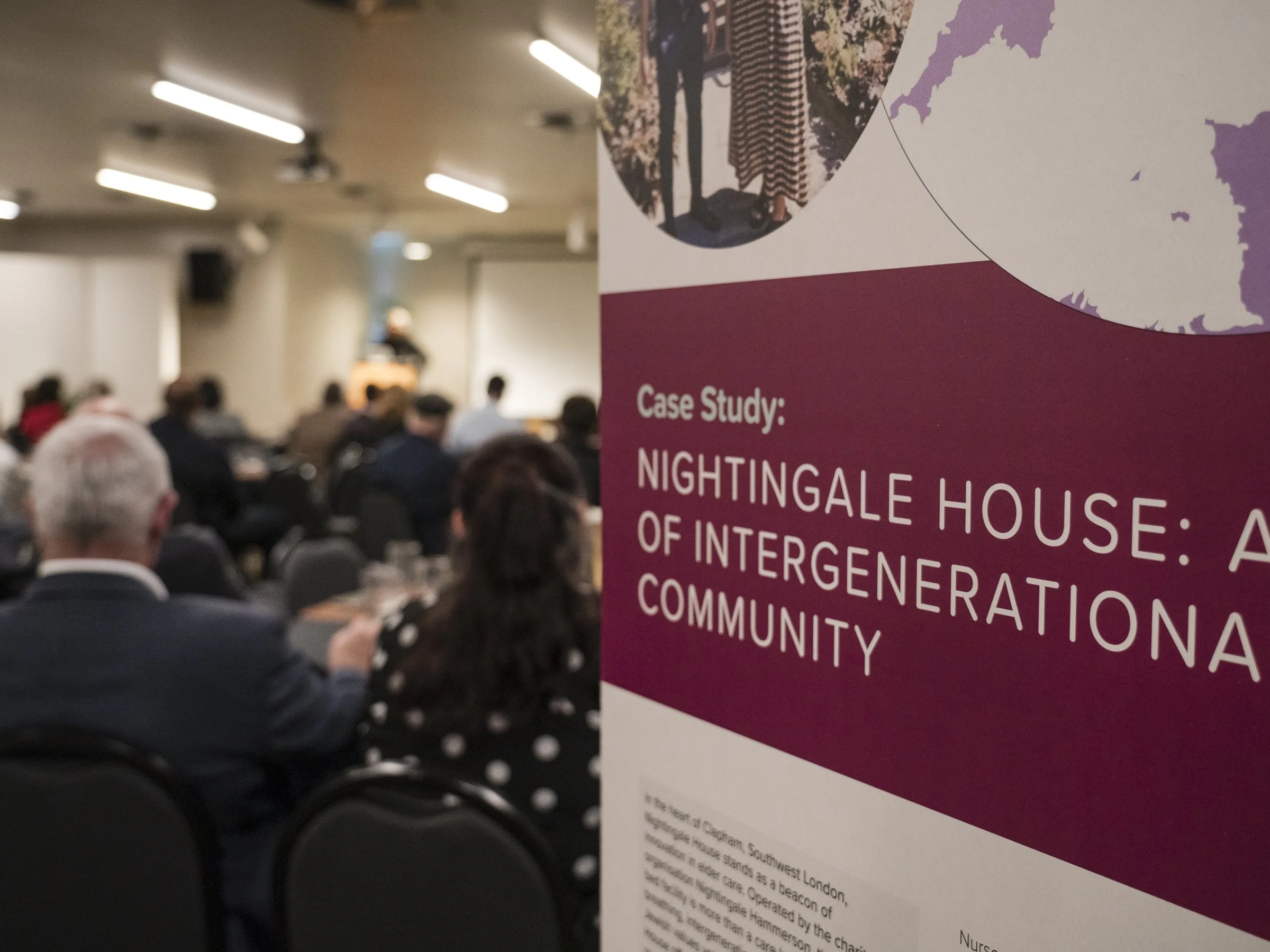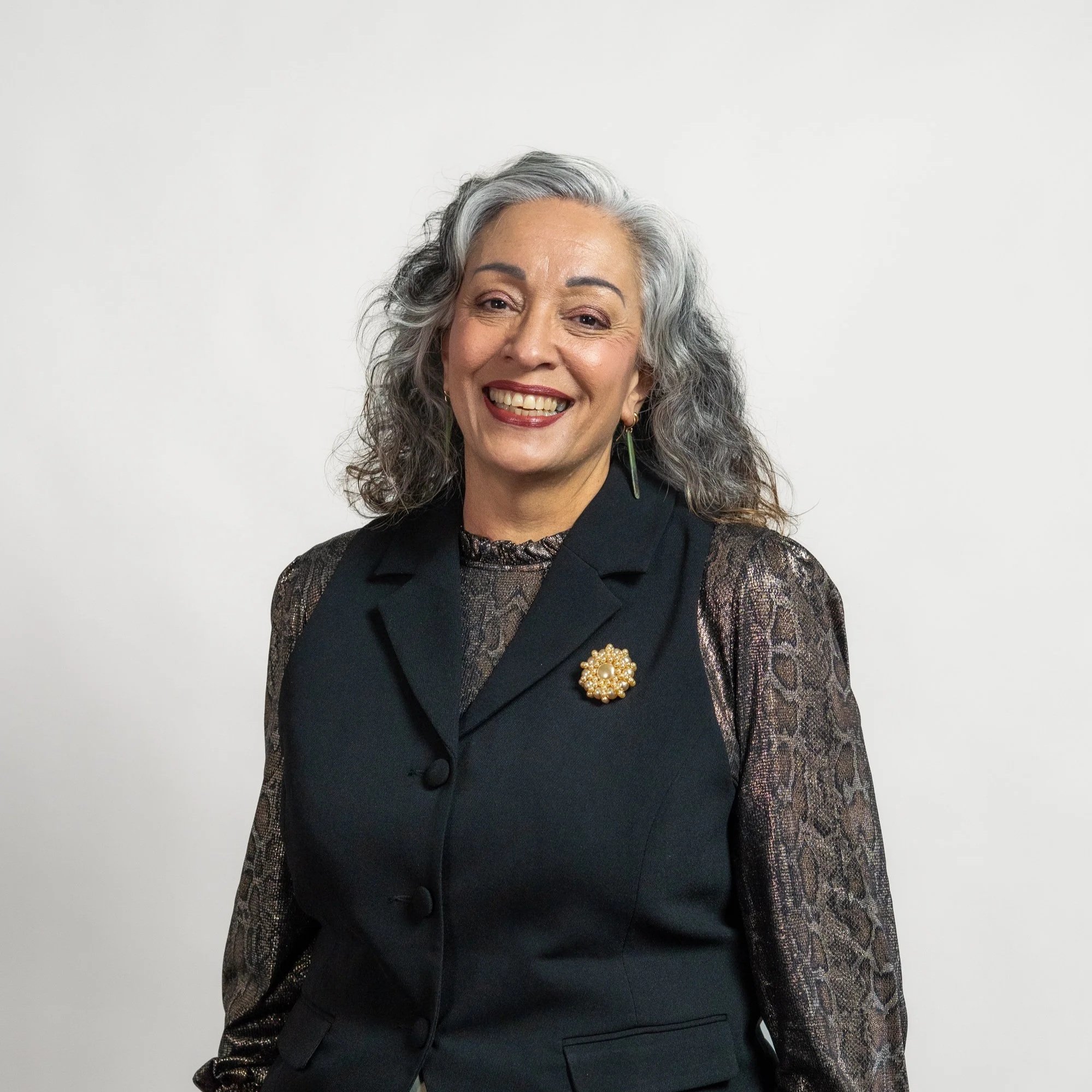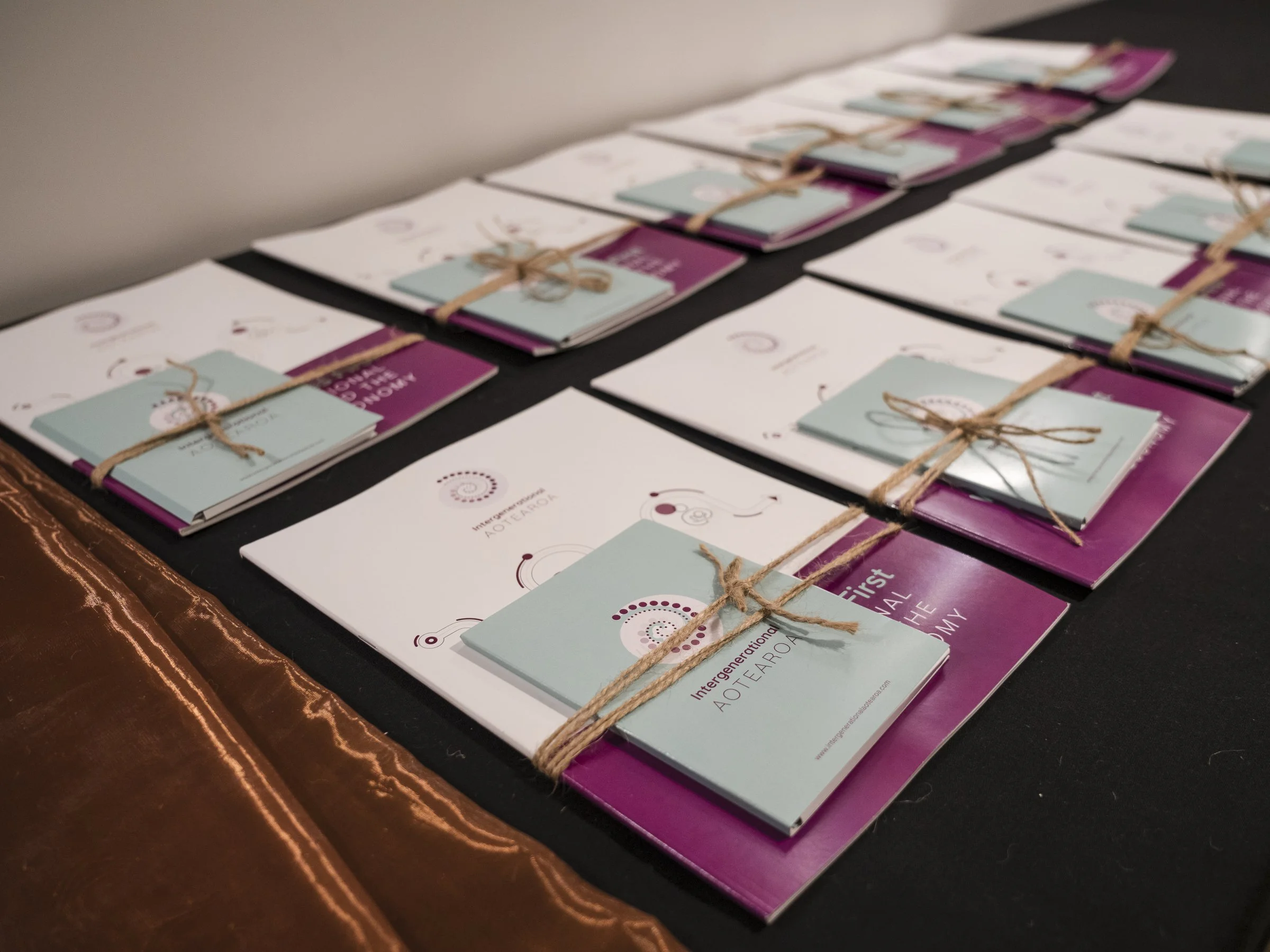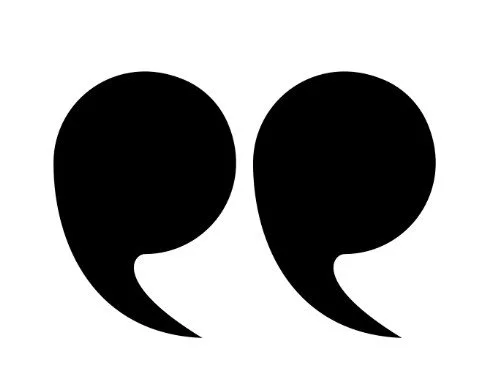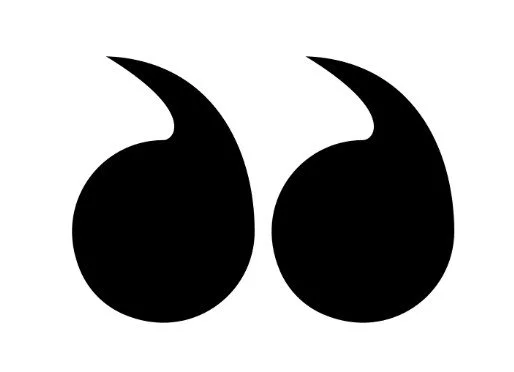Alana Ruakere
Before joining Tui Ora, Taranaki’s largest kaupapa Māori health and social services provider, in 2023, Alana held senior roles across the public service, including Director of the Crown Response Unit for the Royal Commission of Inquiry into Abuse in Care. Her career spans the Ministry of Health, Te Puni Kōkiri, and the Ministry of Social Development, where she honed her strategic thinking and collaborative leadership style.
She is passionate about building high-performing teams, fostering innovation, and working in partnership with iwi, community, and national networks to uplift the wellbeing of Taranaki whānau.
Born and raised in Taranaki, Alana brings deep local roots and a strong whakapapa to Te Atiawa and Taranaki iwi. Her leadership is grounded in a commitment to holistic wellbeing, cultural integrity, and intergenerational change.
How can we better care for those who cared for us….?
This Fellowship journey began in the quiet, heartfelt conversations I had with whānau who came to me, not as a CEO of a kaupapa Māori hauora organisation, but as someone they trusted to listen.
They told me of their beloved kaumātua living with dementia, of the daily challenges, the deep love, and the quiet grief of watching someone they cherish slowly change. Their stories were not isolated. They were the narrative of a pattern being repeated in wākāinga (homes) everywhere. And they stirred something in me that I could not ignore.
I saw first-hand the immense burden and beauty of whānau-led care. I was both inspired by their resilience and troubled by the gaps in our systems.
I began to ask myself: What does dignified, culturally grounded dementia care look like? Who is it really serving? What if whānau were not just caregivers, but recognised as part of the professional care team? What if we could live in communities where the support was on the doorstep rather than removing our elders from their homes?
In Aotearoa, we increasingly use the term Mate Wareware to describe dementia, a term that reflects both clinical understanding and Māori worldviews. For many Māori, dementia is not just a medical condition but a spiritual journey, a return to the tīpuna. Healing, in this context, is found in te reo Māori, in cultural practices, in the embrace of whānau and whakapapa.
One whanaunga said to me, “We mourn her loss while we care for her tinana – we miss our mama.” That sentiment stayed with me. It became the heartbeat of this project.
Encouraged by my aunt during a family camp kōrero, I applied for a Winston Churchill Fellowship. What began as a focus on whānau with dementia soon became a global exploration. My physical journey took me to Amsterdam, Brisbane, London, Manchester and beyond, where I explored:
Dementia villages and care models that centre on autonomy and community
Intergenerational fairness and practice
Intentionally designed communities and housing typologies
Shared social infrastructure that fosters belonging and cohesion
This report is a summary record of that journey. It captures the people, places, and ideas that shaped my thinking. It is also a call to reimagine aging, not as a decline, but as a phase of life rich with meaning, connection, and care. It is a vision where whānau are at the centre, where cultural identity is honoured, and where the needs of my generation, my mokopuna, and their descendants are all considered.
Because in the end, whānau comes first.

